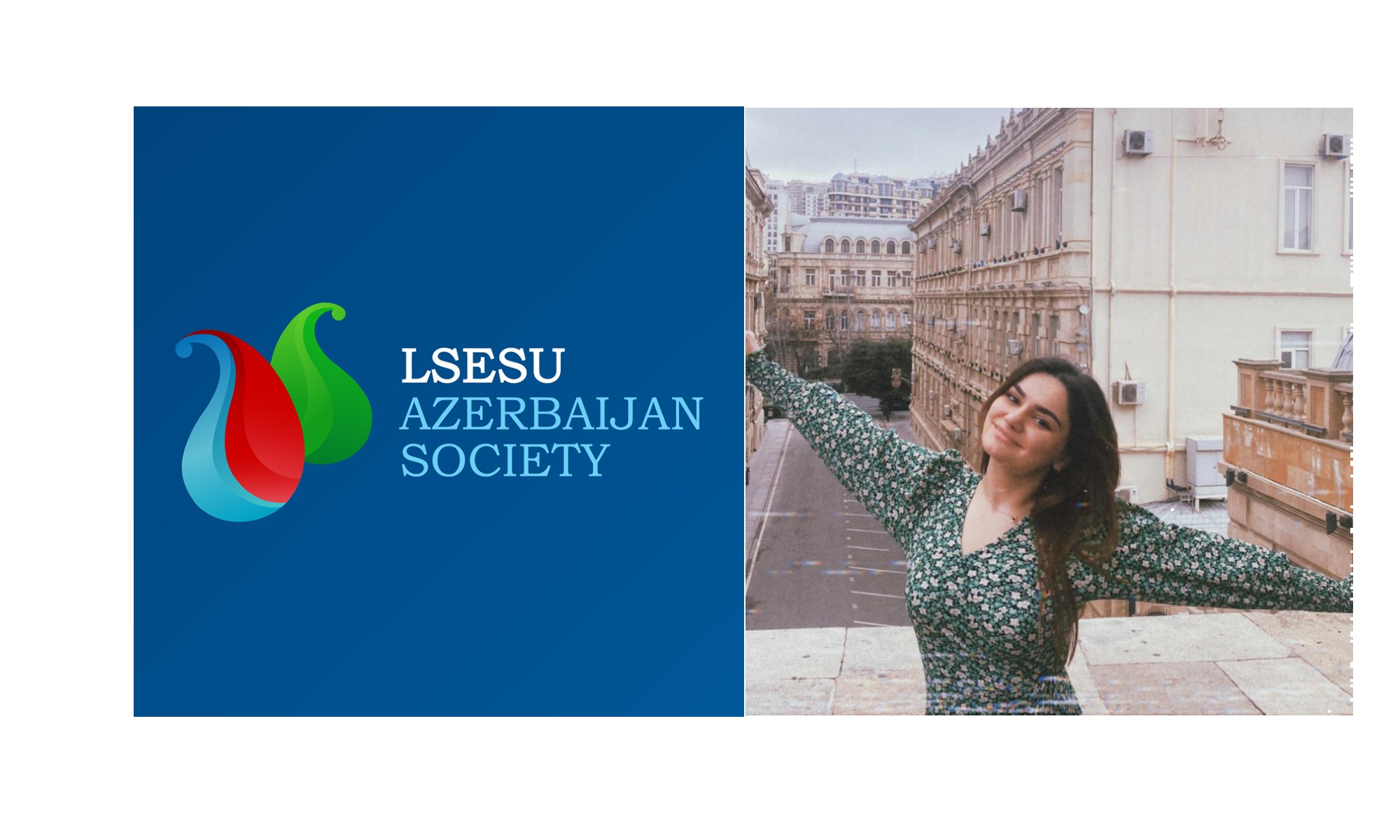Are you interested in learning a new language or becoming more proficient in a language you’ve already studied? LSE has a Language Centre that offers non-degree courses in 9 languages throughout the academic year from beginner to more advanced courses. In order to learn more about the experience of being a Language Centre student, I interviewed Marina and Madison, who have taken Chinese and Russian classes (respectively) while pursuing their postgraduate degrees at LSE.

How does your LSE Language Centre class compliment your degree?
Madison: “I am studying an internationally focused degree and have used Russian in the past for work. I was interested in taking the language course because of my personal language goals, but I also thought further developing my foreign language skills would be a nice compliment to my degree and professional interests.”
Marina: “I like that it is not for credit, meaning that it will not affect my grade. While it certainly requires a lot of intrinsic motivation and is at times a bit hard to prioritize, I like that there is no stress associated with it. We have Critical Assessments and we do get grades (as you have to pass the class), but they are quite straightforward and not overly demanding. Therefore, I think of my Chinese class as a nice break to my Master’s program. The fact that it is so different from what I do in my program also helps and makes it more interesting.”
How do you balance your time?
Marina: “The class is only once a week, so it is pretty easy to plan around it and prepare in advance. The only downside is that the class is 2 hours long and, when paired with my other seminars, it is a bit tiring to be on the computer for so long. I think that the key is to manage your time and dedicate at least 2 times outside of your class a week where you (a) do your homework and (b) practice previous lessons. You only have a class once a week, so otherwise it is going to be really tough to remember all the material.”
What advice do you have for students considering language classes?
Madison: “I would advise students to think about how and why they want to take the course. If you want to take it for professional reasons that is fine and can be a great benefit, but it may at times feel more like a chore rather than a fun activity. Especially when term gets extra busy, this might make it hard to maintain interest and momentum in the non-degree language. LSE has so many options for activities or professional skills to get involved with that it’s all about finding the one that is best for you. For me, I knew I really wanted to continue my language learning for professional and personal reasons so it was the right fit, but I would advise that attending an evening language class every week is only enjoyable if you actually want to be there.”
Marina: “Really understand that you are doing it for yourself. As the grades do not count towards anything, it will depend on you to motivate yourself. Therefore, you really have to prepare yourself for learning for the sake of knowledge and putting in extra effort outside of the class to stay on top of things.”
What support did you receive from your instructor?
Madison: “My instructor is very active and helpful at the lessons, and when I wanted to take the official exam she helped run a session to prepare us and explained the test before we took it.”
What is your favourite thing about your class?
Marina: “My favourite thing about the class is that it is a great opportunity to meet new people that share a common interest. For example, even though this year classes have been online, I was still able to become friends with my fellow peers and hopefully will be able to meet them in person once restrictions ease down. Moreover, in language classes you not only learn the language but also the country’s culture. Therefore, your peers are often interested in the same things as you and you will have a lot to talk about.”
What did you get out of the class?
Madison: “For the Russian course, we have the opportunity to also take the official test of Russian as a Foreign Language. I felt prepared for it by the LSE course, and now I will have an official certificate of my language level which could be useful for the future.”
Find more information on other services/courses provided by the LSE Language Centre on their website.





